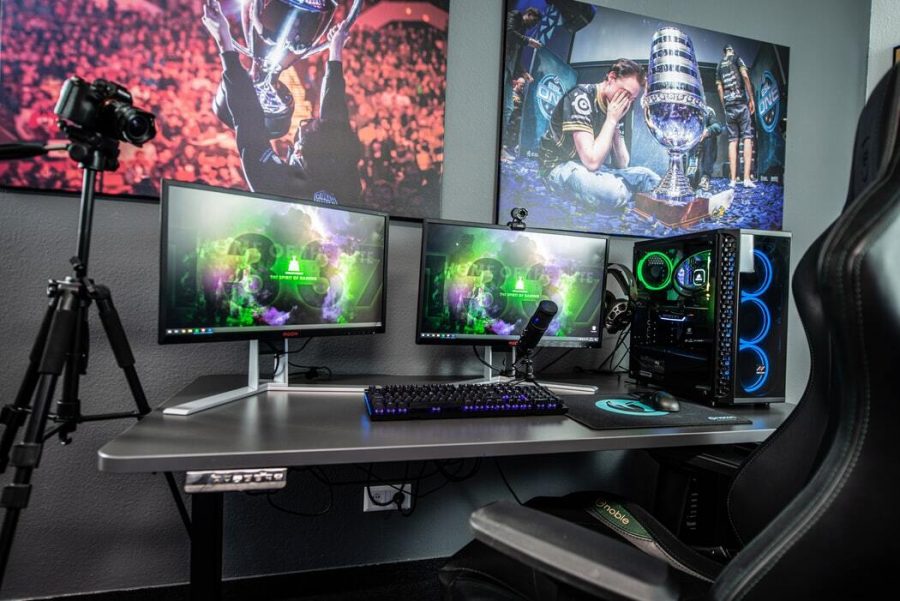The general public still hesitates in referring to videogames as sports. Oftentimes, videogames are stigmatized as a “waste of time” which some comically claim may “rot your brain.” This is essentially due to the negative perception that videogames are not sports; this presents them as completely worthless activities in competitive and professional worlds. Simply put, however, videogames are evolving day by day, enough to garner sufficient attention to officially be deemed a sport in the near future.
To judge if videogames should be considered a sport, we can take a look at the ancient pastime known as chess. People argue that chess does not involve any physical activity that appears as athletic as sports such as soccer and tennis. This is true, becoming a competitive chess player does not require hitting the gym nor do players need to keep close track of their diet. However, chess is more than just moving pieces across an array of 64 black and white-colored squares.
Chess players spend ridiculous amounts of time studying openings and endgames of the game which has over 69 trillion possible outcomes in the just first ten turns. Players prepare for matches against their opponents by studying their opponent’s every move from previous games. Similar to other sports, chess requires time, hard work and dedication. Chess is a remarkably physical sport, just not in the common notion regarding overt masculinity. For chess, the sports debate spanned for decades until ultimately, in 1999, the International Olympic Committee officially recognized chess as a sport.
Similar to chess, videogames also have players studying and preparing for competitions. There are popular teams such as Team Liquid and Cloud9; even some individuals are extremely well known outside the gaming bubble such as Tyler Blevins, popularly known as Ninja. These teams and individuals represent a steadily growing stream of players in the competitive world of videogames. Identical to traditional sports, these players play for titles and compete in worldwide tournaments while also monetizing their work.
Like traditional sports, videogames also garner tons of viewers. Competitive games such as League of Legends and CS:GO hold tournaments with prize money for winners. These events are constantly expanding their audience through increasing viewership. Moreover, streaming platforms such as Twitch and YouTube have made it possible for gamers to show off their skills live to millions of eager fans online without the need of holding competitive events; this creates videogames much more versatile and accessible for viewers than conventional sports.
By showing off to the general public what the competitive scene in videogames really looks like, instead of simply slandering them for their “un-athleticism,” videogames will eventually break out as the modern era of sports. The first step to this would be people genuinely regarding videogames as competitive sports and hold them to the same calibre of quality as traditional sports. The gaming world is just a couple of strides away from the mainstream media identifying videogames as the modern sports they actually are.








